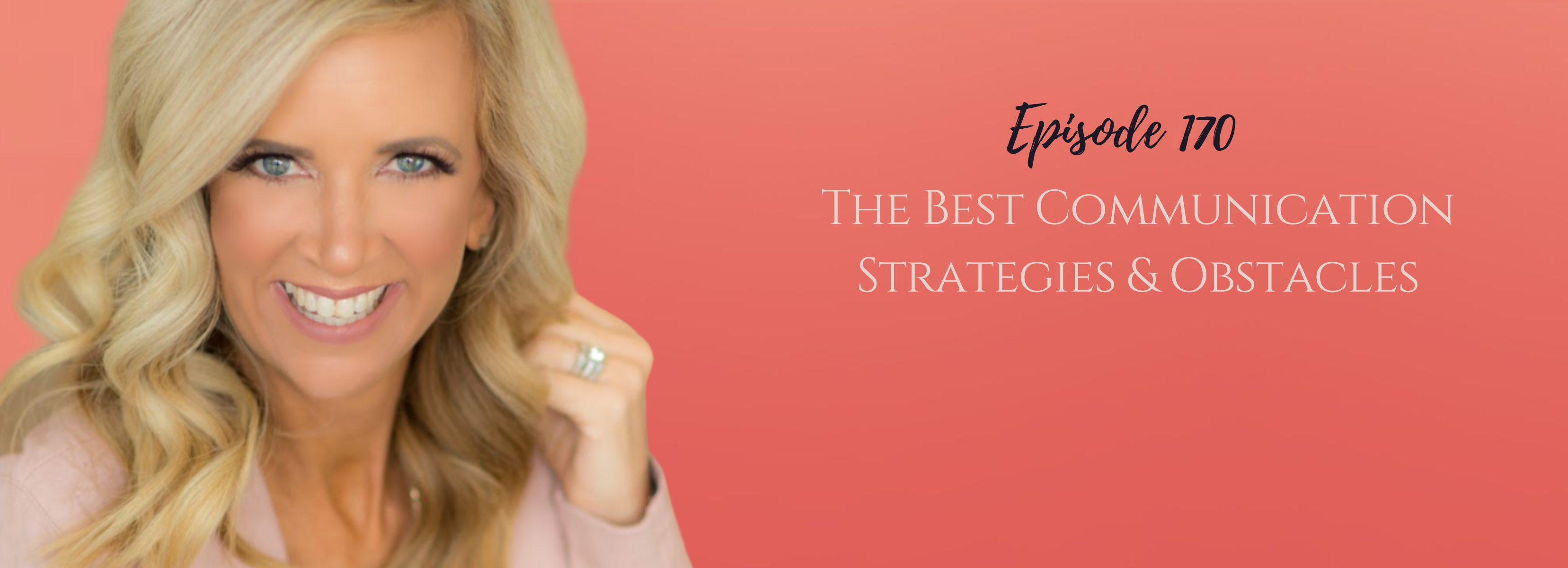
The Best Communication Startegies & Obstacles| 7.20.2021
In this episode, Kristen talks about obstacles to communication and how to handle difficult conversations.
You'll Learn
- The basic structural elements of communication
- Essential component of communication
- Barriers to communication
- How to have hard conversations
- Self-reflection about communication
Resources
For counseling services near Indianapolis, IN, visit www.pathwaystohealingcounseling.com.
Subscribe and Get a free 5-day journal at www.kristendboice.com/freeresources to begin closing the chapter on what doesn’t serve you and open the door to the real you.
Subscribe to the Close the Chapter YouTube Channel
This information is being provided to you for educational and informational purposes only. It is being provided to you to educate you about ideas on stress management and as a self-help tool for your own use. It is not psychotherapy/counseling in any form.
[fusebox_transcript]